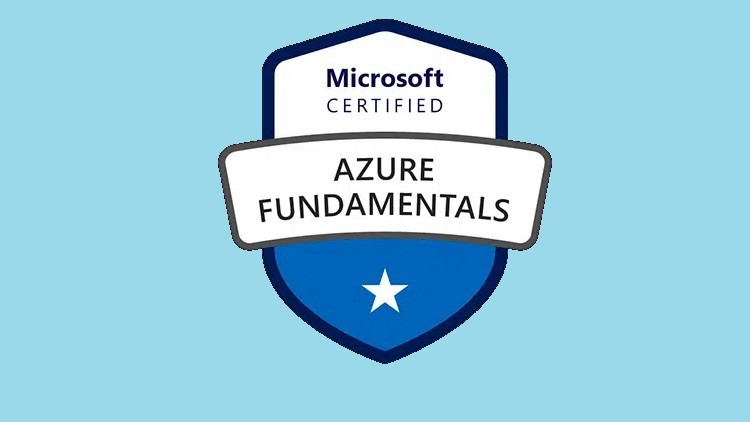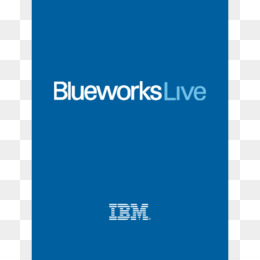Description
Introduction of Relativity for Efficient Data Collection
Relativity offers robust tools that streamline the e-discovery process, particularly in the crucial stages of data collection and processing. This course is designed to help legal professionals, IT staff, and litigation support teams learn how to efficiently gather, process, and prepare data for review using Relativity. Participants will explore the platform’s advanced capabilities for handling large datasets, processing documents, and ensuring data integrity, all while reducing costs and saving time. By the end of the training, participants will have a thorough understanding of how to manage data collection and processing workflows within Relativity.
Learning Outcomes:
- Learn how to effectively collect and ingest data into Relativity from various sources.
- Understand the data processing workflow in Relativity, including culling and deduplication.
- Master best practices for maintaining data integrity and ensuring compliance during processing.
- Gain practical experience in managing large datasets and optimizing processing speed.
Prerequisites:
- Basic understanding of e-discovery principles and the Relativity platform.
- Familiarity with data types, metadata, and general legal processes.
- Recommended: Completion of an introductory Relativity course such as “Introduction to Relativity: Fundamentals of e-Discovery.”
Table of Contents
1: Overview of Data Collection in e-Discovery
1.1 The Role of Data Collection in e-Discovery
1.1.1 Importance of data collection in the litigation lifecycle.
1.1.2 Legal and technical considerations in data collection.(Ref: Advanced Document Review Techniques in Relativity)
1.2 Data Sources and Types
1.2.1 Identifying key data sources (emails, files, databases, etc.).
1.2.2 Handling different file formats and metadata.
1.3 Relativity’s Data Collection Capabilities
1.3.1 Overview of Relativity’s tools for data collection.
1.3.2 Ensuring defensibility and maintaining chain of custody.
2: Data Ingestion into Relativity
2.1 Introduction to Data Ingestion
2.1.1 Preparing data for ingestion.
2.1.2 Creating new workspaces and organizing data.
2.2 Importing Data into Relativity
2.2.1 Importing data using the Relativity Desktop Client.
2.2.2 Managing load files and handling large data sets.
2.3 Data Mapping and Field Creation
2.3.1 Mapping metadata fields for processing.
2.3.2 Creating and modifying custom fields for data review.
3: Data Processing: Preparing for Review
3.1 Understanding the Data Processing Workflow
3.1.1 Overview of Relativity’s processing engine.
3.1.2 Key steps: analysis, culling, deduplication, and conversion.
3.2 Data Culling Techniques
3.2.1 Filtering irrelevant data using keywords, date ranges, and custodians.
3.2.2 Leveraging data sampling to reduce unnecessary documents.
3.3 Deduplication and Data Reduction
3.3.1 Applying deduplication rules to eliminate redundant data.
3.3.2 Deduplication by custodian vs. global deduplication.
4: Metadata Management and Data Quality
4.1 Managing Metadata in Relativity
4.1.1 The importance of metadata in e-discovery.
4.1.2 Ensuring accuracy and completeness of metadata fields.
4.2 Verifying Data Integrity
4.2.1 Steps to ensure data accuracy after processing.
4.2.2 Running quality control checks to verify data consistency.
4.3 Handling Exceptions and Errors
4.3.1 Identifying and resolving common data processing errors.
4.3.2 Handling corrupt files, unsupported formats, and processing exceptions.
5: Exporting Processed Data for Review
5.1 Preparing Data for Document Review
5.1.1 Organizing and batching data for review teams.
5.1.2 Applying review tags, search terms, and filters.
5.2 Exporting Processed Data
5.2.1 Exporting documents for external review or production.
5.2.2 Formatting options (TIFF, PDF, native files).
5.3 Ensuring Compliance During Data Export
5.3.1 Handling legal hold requirements.
5.3.2 Ensuring compliance with data privacy regulations (GDPR, HIPAA, etc.).
6: Best Practices for Efficient Data Collection and Processing
6.1 Optimizing Data Collection and Processing Workflows
6.1.1 Strategies to reduce time and cost in the collection and processing stages.
6.1.2 Automating routine tasks within Relativity.
6.2 Managing Large Data Sets
6.2.1 Techniques for handling large and complex data sets.
6.2.2 Scaling workflows for high-volume cases.
6.3 Final Review and Key Takeaways
6.3.1 Recap of key concepts covered during the course.
6.3.2 Best practices for applying efficient data collection and processing in real-world cases.
This course provides participants with in-depth knowledge and hands-on skills to navigate the data collection and processing stages in Relativity. Each session focuses on practical applications, ensuring that attendees can confidently manage e-discovery projects with improved efficiency and accuracy.







Reviews
There are no reviews yet.